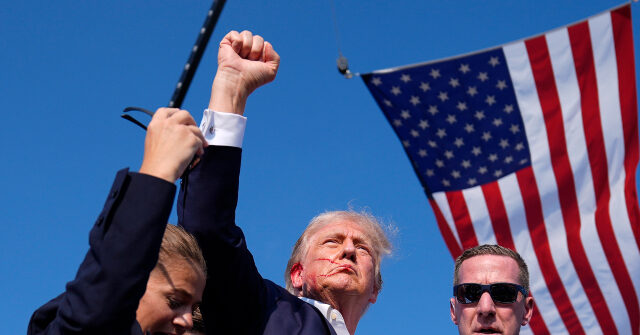Following Donald Trump’s victory in the recent presidential election against Vice President Kamala Harris, numerous Latin American leaders and politicians extended their congratulations, expressing diverse perspectives shaped by their respective political contexts. Among the congratulatory messages, Brazilian President Luiz Inácio Lula da Silva’s stood out for its notable shift from his previous remarks. Lula, who had depicted a potential Trump victory as a rising threat akin to “Nazism with a different face,” embraced a tone of diplomacy following the election. With an official Twitter message, he acknowledged Trump’s electoral win and emphasized the necessity of dialogue and collaboration for peace and development, thus reflecting the complex nature of political relationships in the region.
In stark contrast to Lula’s earlier disapproval, former Brazilian President Jair Bolsonaro welcomed Trump’s return to the presidency with an enthusiastic social media statement in both English and Portuguese. Bolsonaro praised Trump’s victory as “historic” and an important event that could inspire Brazil as it navigates its political landscape post-Bolsonaro. His message highlighted themes of resilience, freedom, and the aspiration to restore what he termed the “greatness” of the nation. This illustrates the fractured yet interconnected nature of political ideology in Latin America, where past leaders often exert significant influence over current and emerging political sentiments.
Meanwhile, the response from Venezuela under the leadership of Nicolás Maduro revealed a willingness to engage with the new U.S. administration, regardless of the electoral outcome. The Venezuelan Foreign Ministry issued a statement expressing a readiness to establish cooperative relations underpinned by respect and dialogue, while simultaneously reiterating historical ties with the American populace. This posture reflects Maduro’s attempt to use Trump’s victory as an opportunity to reposition Venezuela in a manner that emphasizes mutual respect in international relations, albeit within a broader context of disillusionment with U.S. policies.
In Nicaragua, the regime offered a neutral response that neither congratulated Trump nor addressed his electoral victory directly. Instead, their statement focused on broader themes of unity and human security, showcasing a reluctance to engage specifically with U.S. electoral outcomes while promoting their ideological framework. This tepid reaction contrasted sharply with the more enthusiastic messages from other regional leaders, highlighting the varying degrees of engagement and ideological alignment within Latin American politics regarding U.S. leadership.
Colombian President Gustavo Petro also chimed in on the election results, framing his message as a respect for the democratic will of the American people. His remarks were particularly pointed regarding immigration issues, aligning with Trump’s past policies on border security while arguing for prosperity to address migration flows from the south. Petro’s commentary underscores a growing recognition among Latin American leaders of the interconnectedness of economic conditions and migration patterns, with an implicit call for a more comprehensive approach to U.S.-Latin American relations focused on socio-economic stability.
As various Latin American leaders reacted to Trump’s victory, the broader regional context highlighted both a desire for constructive engagement with the U.S. and the persistent ideological divides that shape international relations. The congratulatory messages from leaders such as Javier Milei of Argentina, Nayib Bukele of El Salvador, Luis Lacalle Pou of Uruguay, and Daniel Noboa of Ecuador illustrate a common thread of respect for democratic outcomes, yet the motivations behind their sentiments range widely from ideological affinity to pragmatic diplomacy. The evolving political landscape in Latin America remains dynamic, influenced by the interplay of domestic politics and international relations in an era marked by significant global challenges.

